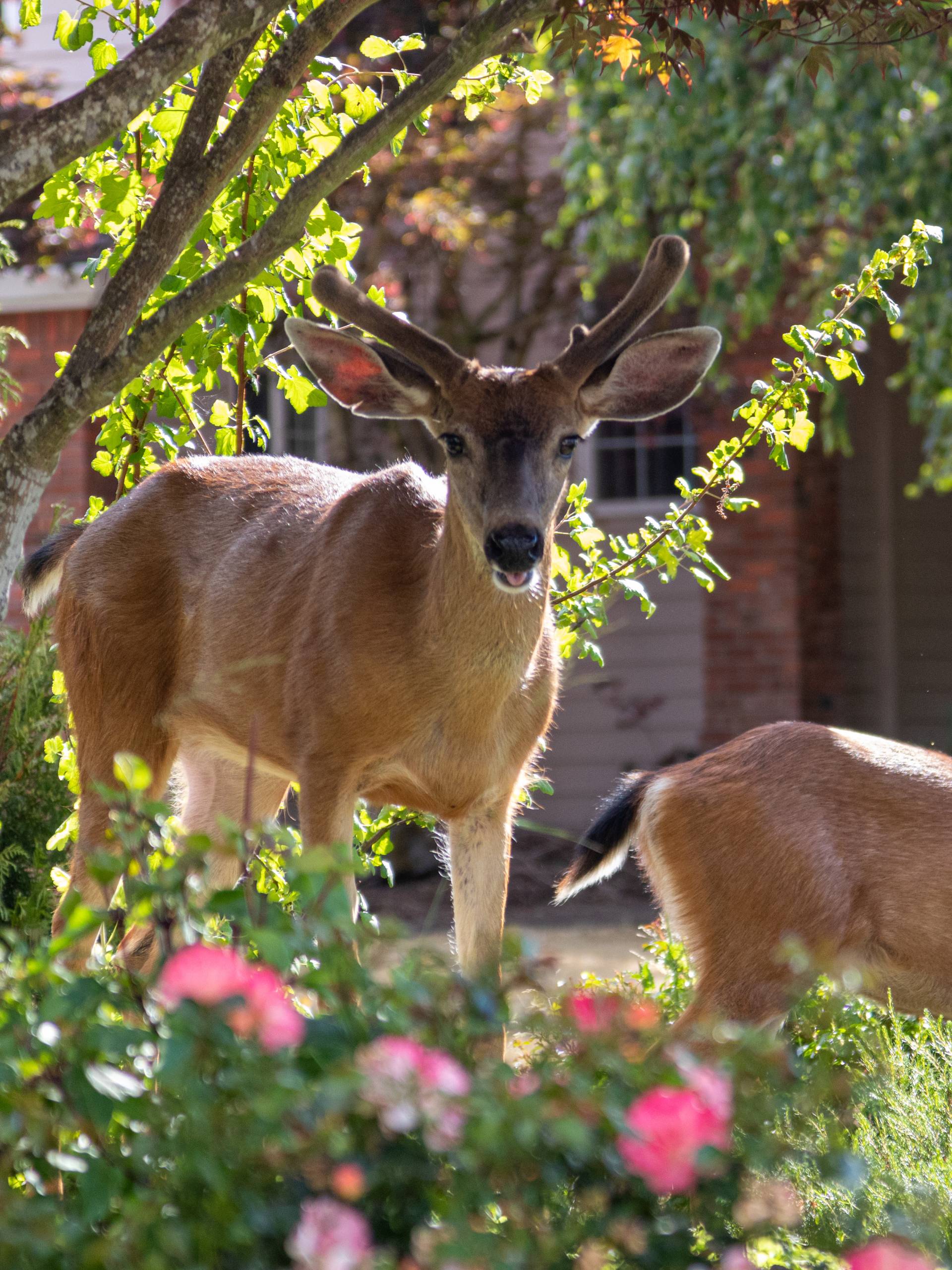Owning land comes with its perks, and for hunters, the opportunity to hunt wildlife on your own property is one of the best. But before you head out with your gear, there are some important considerations to keep in mind. Let’s cover the things to know before hunting wildlife on your property—from understanding local laws to managing habitats and creating a setup that ensures safety while maximizing success.
Know the Laws and Regulations
Checking local and state hunting laws is the first step. Different areas have varying requirements for permits, trapping, and the types of game you can hunt. You’ll also want to confirm the hunting season dates for each species. Wildlife being on private property doesn’t automatically exempt you from legal obligations. Study the rulebook and keep things above board to avoid hefty fines or legal trouble.
Evaluate Your Property for Wildlife Activity
Taking stock of what wildlife resides on or frequently visits your land is essential. Are deer passing through, or do you notice a large flock of turkeys? Tracking activity patterns, trails, and feeding areas will help you prepare for hunting season. Don’t forget that your home’s exterior design will influence how close wildlife comes to your property. Whether you opt for hardscaping or landscaping can either repel or draw in animals such as deer, who will prefer the bountiful foliage of landscaping and—typically—damage it. Adjusting your land management approach helps create an environment suited to your hunting goals, whether you want animals near or away from your home.
Set Up Hunting Zones Safely
Designating clear hunting zones is vital for both safety and success. Choose spots where you’ll have an optimal view with minimal risk to nearby dwellings, roads, or neighboring properties. Elevated stands are a popular choice—they give you improved visibility while keeping you out of the animal’s direct line of sight. Make sure to map out boundaries and inform anyone living nearby when and where you intend to hunt.
Manage Habitats
The habitat you provide can greatly influence the wildlife population on your property. Planting food plots, maintaining water sources, and providing shelter all play a role in attracting game. Think strategically about placement to encourage consistent wildlife activity in areas where you can hunt safely. Balance is key—you want to encourage wildlife without creating overpopulation problems.
Gear and Tools Are Key
Preparing the right gear is just as important as planning the hunt itself. Double-check your firearms, bows, or trapping equipment to ensure everything functions as intended. Carrying items like field-dressing tools, first-aid kits, and proper protective clothing ensures you’re ready for a safe hunt. Depending on the terrain, you may even need equipment like ATVs or carts.
Hunting on your property is a unique experience that brings a deep connection to the land you own. Taking the time to prepare ensures success and protects your investment. These are truly the most important things to know before hunting wildlife on your property. With thoughtful steps—like checking regulations, managing habitats, and setting up safe zones—you’ll create an environment that benefits both you and the wildlife.
Casey Cartwright
Latest posts by Casey Cartwright (see all)
- Psychological Demands of Wildland Firefighting – June 23, 2025
- Essential Equipment Every Beginner Needs for Archery – June 18, 2025
- The Best Fish To Try and Catch in Northern Canada – June 4, 2025

Leave a Reply